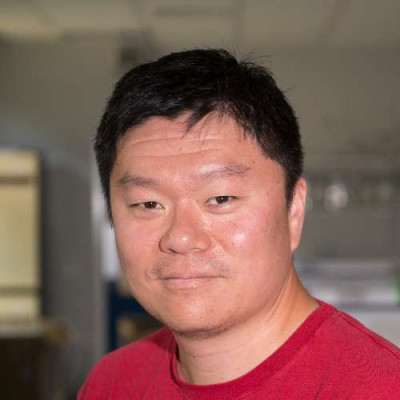Meet Dr Wei-Feng Xue, programme director of Biochemistry. Dr Xue received his PhD degree at the department of Biophysical Chemistry, Lund University in Sweden in 2006. His research expertise include supramolecular protein assembly, protein folding and misfolding, amyloid and prions, and AFM imaging, and his research interests include amyloid structures, which consist of highly ordered forms of protein assembled from whole or parts of normal soluble proteins or peptides of diverse amino acid sequences. The devastating human diseases associated with amyloid, such as Alzheimer’s disease, Creutzfeldt-Jakob (CJD prion disease), Huntington’s disease, Parkinson disease, type II diabetes mellitus, and systemic amyloidosis, are linked to the way the amyloid structures are assembled and deposited in the brain or in other parts of the human body. But far from all amyloid assemblies are disease-associated, as some amyloid fibrils have also been recognised as a class of functional protein assemblies, which can play a number of important roles in bacteria, yeast and humans. A sub-class of amyloid can spread between organisms by forming small seeds through the breakage of larger fibrils. These are called prions, and they exist in humans where they cause prion diseases such as CJD. In yeast, prions confer special cellular properties in yeast cells that are passed on from generation to generation, as a form of epigenetic or ‘protein gene’. Dr Xue’s research is focused on resolving the fundamental mechanisms that govern the formation and the molecular lifecycle of amyloid protein aggregates. The long-term research vision in Dr. Xue’s laboratory is to fully understand the assembly of protein fibrils, as well as how different mechanisms involved in amyloid assembly are linked to the disease-associated properties and useful biological functions of amyloid.
We asked Dr Xue, why you should choose Biochemistry at Kent, he said:
“Modern, research-led Biochemistry programme taught by active researchers who are experts in molecular biosciences as well as new emerging biochemistry fields.”

